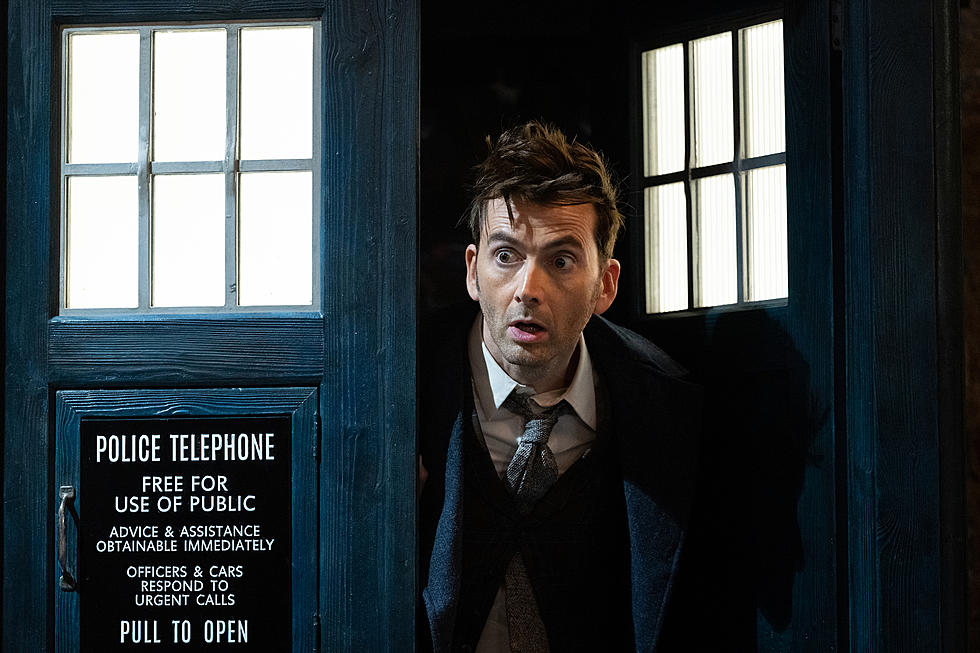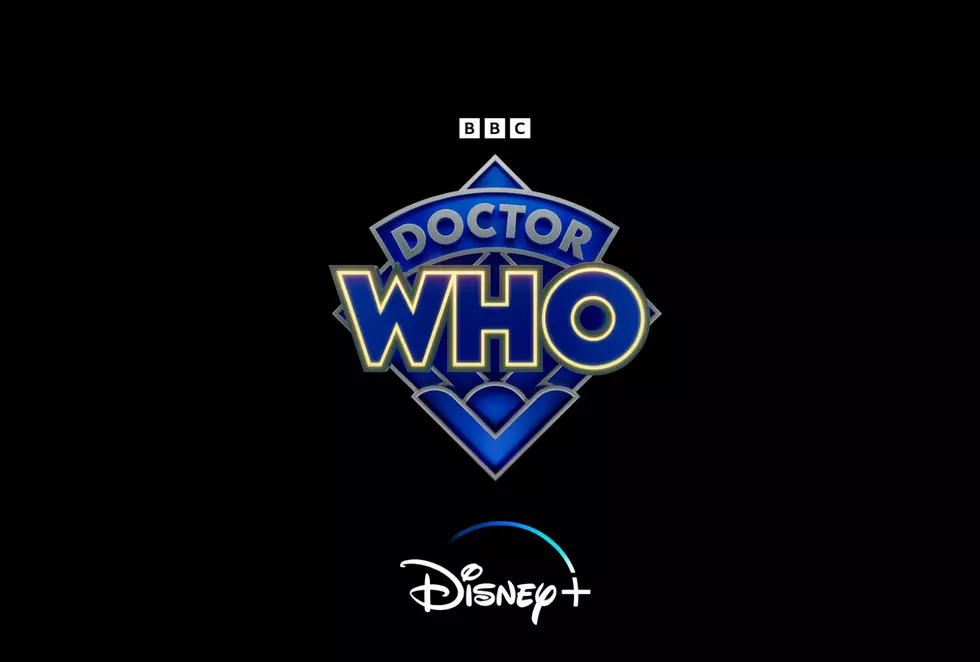
Is Tumblr the Big Bad on ‘Doctor Who’ Season 8?
It’s safe to say that ‘Doctor Who’ has never been more popular, with each successive season in the modern era of the program adding fans at what feels like an almost exponential rate. The globalization of its fan base took the world by storm and the show by surprise; with the BBC happily capitalizing on what was once merely the passion of British audiences and small, cultish followings outside of England. But, in the aftermath of the latest season premiere, "Deep Breath", it’s worth asking this question: While we know how those promoting the show feel about its amazing explosion in popularity, how does ‘Doctor Who’ itself feel about it?
It’s a question that’s suffused throughout ‘Deep Breath,’ a quite remarkable episode that works both as an introduction to the new Doctor (Peter Capaldi) and also a potential new mission statement for ‘Doctor Who’ itself. Part of that had to do with a reprieve from the breakneck pacing and energy that defines the modern era of the show. While The Doctor has always been nimble of mind, ‘Doctor Who’ has spent the last seven seasons -- literally and metaphorically -- running its characters through threat after threat, with barely a moment for characters (or audience members) to breathe. By contrast, the lengthy season eight premiere took its time, forsook many of the musical cues that often underscored episodes in recent seasons, and eschewed histrionics for more thoughtful pacing and quieter volume. It’s too early to say if this is now the new pace of ‘Doctor Who’ -- the post-regeneration episodes are often outliers in terms of tone and content -– but it was a welcome change all the same, one that showed showrunner Steven Moffat can indeed exchange verbal wit for somber conversation when called upon.
But what truly stood out in ‘Deep Breath’ was the implication of the latest Doctor regeneration, both in terms of recasting the modern era of the show and, most intriguingly, the legions that started following the TARDIS throughout time and space starting in 2005. Sure, the episode had a dinosaur swimming in the Thames and an army of robots that were killing people for spare parts. But the main thrust of the episode centered around companion Clara Oswald and her function as audience proxy to The Doctor and, by association, to ‘Doctor Who.’ Specifically, more than one character, including The Doctor himself, all but called Clara a "pink hat."
What do I mean by pink hat? Back in 2005, right around the time that ‘Doctor Who’ was sending Christopher Eccleston and Billie Piper into the galaxy, Boston was enjoying its first World Series victory since 1918. That victory energized the city and rewarded its long-suffering fan base, but also attracted a new group of fans who were newly invested in the team in the wake of their success -- and many of that subset started wearing pink Red Sox hats marketed to their newfound fandom. ‘Pink Hats’ soon turned into a term that meant ‘fair weather fans,’ suggesting that many of those who were suddenly making tickets to the games at Fenway Park so scarce weren’t as ‘real’ as those who had before 2004.
‘I’m not your boyfriend,’ The Doctor wearily says near the end of Saturday’s premiere. It’s not the first time the word ‘boyfriend’ is used in the episode, with Madame Vastra also calling out Clara’s crush on The Doctor while the companion struggles with his new look. ‘Deep Breath’ suggests two things simultaneously: That The Doctor chose young, handsome visages in order to appeal to those he was trying to help, and that plan worked so well that those around him have almost no chance but to fall hopelessly in love with him. A quick view around Tumblr to see what fans of David Tennant and Matt Smith have concocted in .GIF form suggests that The Doctor’s power extends well beyond the TARDIS and into the living rooms of many watching.
Now, that’s certainly not to say that the sole reason for the show’s rise in popularity is due to the ‘Doctor Who’ equivalent of Pink Hats suddenly flocking to the show. And there are far worse reasons for watching a television program than eye candy. But ‘Deep Breath’ and ‘Doctor Who’ as a whole seem remarkably sensitive to that phenomenon, and thus wrestle with it throughout the episode’s narrative. The text of ‘Deep Breath’ is fine if somewhat forgettable (quick, try to remember anything about the villains ... they are as forgettable as The Silence, but without the cool built-in reason for that amnesia), but the meta-text of the episode is absolutely fascinating. Here’s a program at the peak of its popularity, and it seems wildly uncomfortable with that stature. Here’s a truly odd show about an alien with two hearts who keeps changing form while fighting creatures with only his wits and a sonic screwdriver. And yet, The Doctor is both hero, international phenomenon, and yes ... sex symbol.
What ultimately pushes ‘Deep Breath’ past mere condemnation of fans who are watching the show for the wrong reasons (whatever the heck ‘wrong reasons’ could possibly even mean) lies in one of the episode’s great surprises: the temporary return of Matt Smith’s doctor, phoning Clara via the show’s typical timey-wimey witchcraft to alert her that he actually trusts Clara to accept this new form of The Doctor. It’s a brilliant, bold, empathetic move -- one that Moffat doesn’t often successfully execute. Moffat squandered a lot of good will by making the show’s companions riddles to solve, rather than characters to follow. But The Doctor trusts that Clara will be patient, kind, and most importantly, see The Doctor for who he is. That person is not defined by a nose, chin, hairline, or number of wrinkles, but by the sum total of his actions and how he incorporates them into his future decisions.
That’s always been the case with ‘Doctor Who’ throughout its regenerations, but it’s been somewhat lost over the past few seasons. Certainly the public relations army behind ‘Doctor Who’ doesn’t want to focus on the meta-commentary of ‘Deep Breath,’ but it’s worth noting that Moffat and ‘Doctor Who’ come out of the episode not pushing away the new fans that it’s acquired since 2005, but rather incorporating them. That never happened with the Pink Hats in Boston, who still exist as a short-hand term for ‘ignorant fan.’ Rather than use Peter Capaldi to push those who loved ‘shipping The Doctor and Amy Pond away, ‘Doctor Who’ is using the latest Doctor to reveal up new, interesting, and thrilling aspects of the show that have always existed.
As far as tricks go, it’s potentially one worthy of The Doctor himself.
Ryan McGee has written for Hitfix and The AV Club. You can contact him directly on Twitter.
More From ScreenCrush









